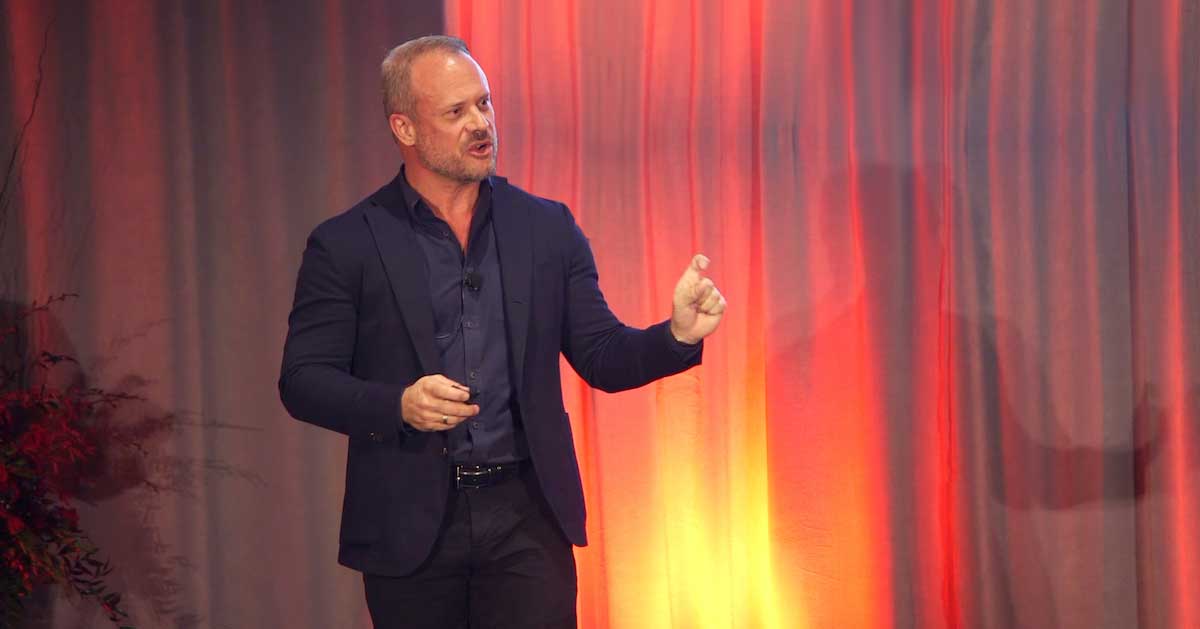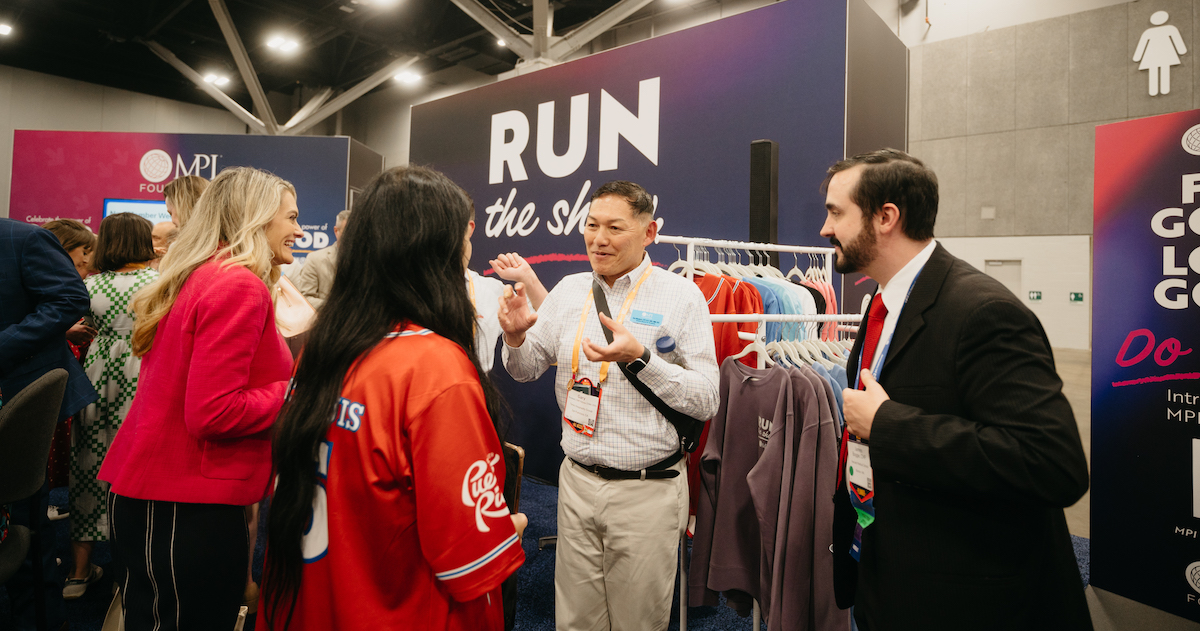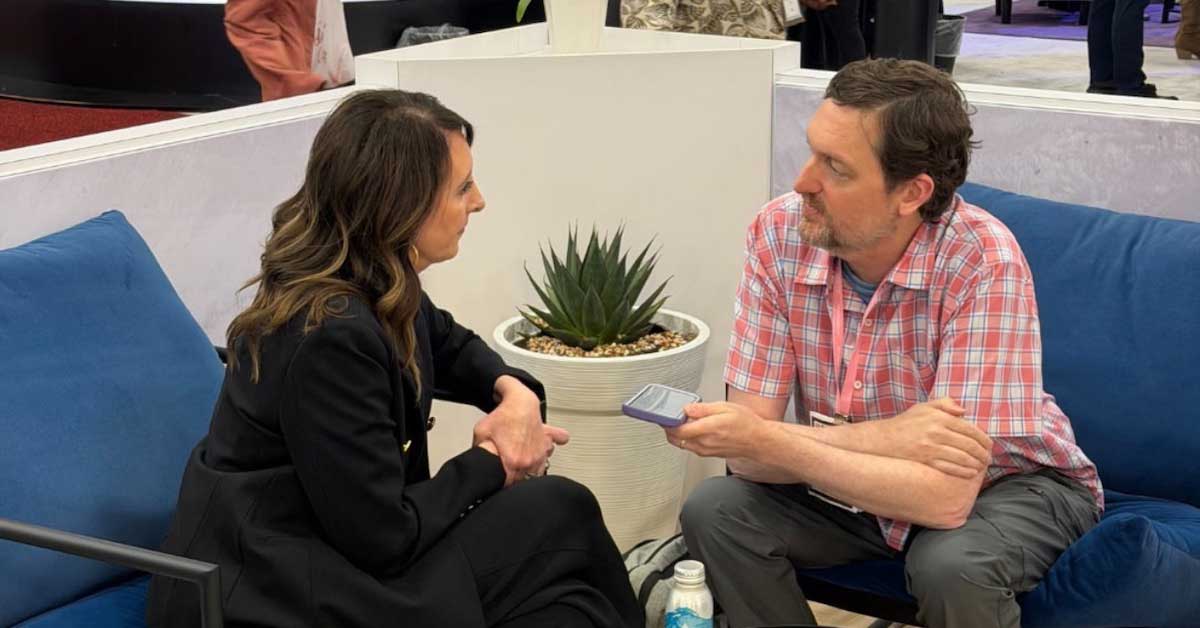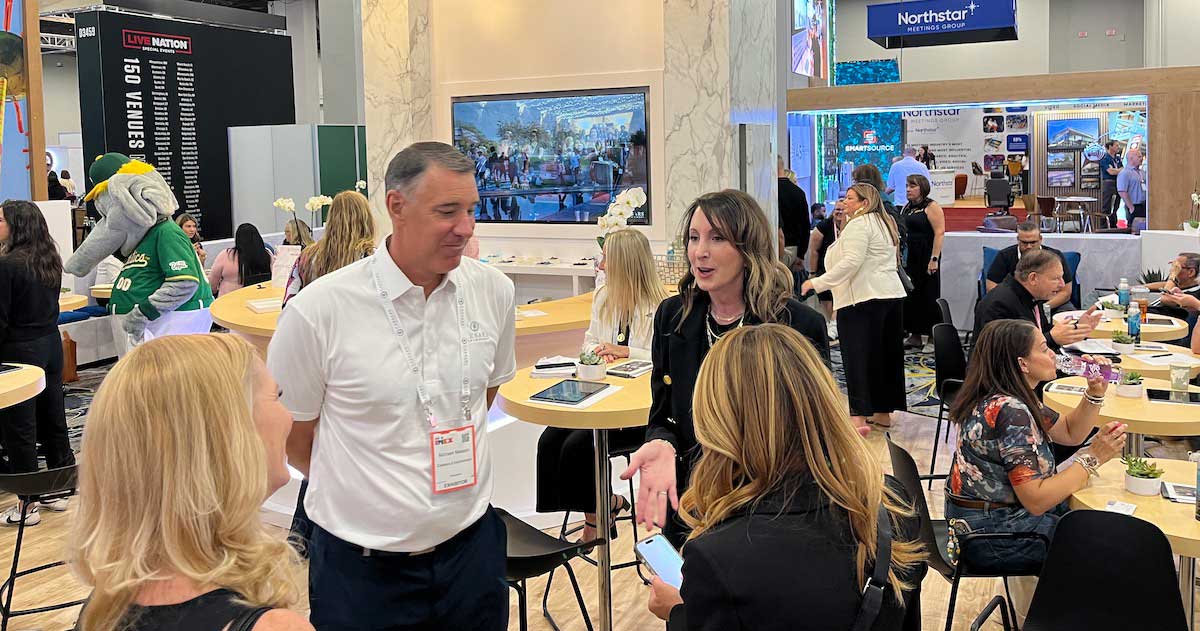“The Breakthrough Power of Shared Values - What Buttons to Push” panel is 2:15-3:30 p.m. on Nov. 4 at the MPI World Education Congress in Grapevine, Texas. You can also join live as part of the WEC Digital Experience. Sponsored by Hilton. David Allison presented by Global Speakers Agency.
After a decade as a top marketer and strategist on the U.S. West Coast, David Allison sold his company and invested four years pursuing what former colleagues would call his “kooky idea”—developing Valuegraphics. It turned out to be so kooky it became the basis of a bestselling book and recommended read by Inc. magazine. We Are All the Same Now attracted the attention of Fortune 500 companies and made him an in-demand speaker from Vancouver to Dubai.
Allison has been described by the president and CEO of Meyler Capital as “Freddie Mercury, Winston Churchill, Tony Robbins and Seth Godin twisted together. Because of Valuegraphics he will be remembered. Most of us won’t.”
Frustrated by the usual demographic and psychographic metrics that are such a part of the marketing DNA, Allison set out to increase our understanding of target markets through a disruption that embraced scaling up metrics used by MMPI, Myers-Briggs and therapists to get values in line with actions.
“Demographics tell us what people are, not who people are,” he says. “And if you know what people are, that doesn’t tell you very much. It doesn’t tell you anything about their motivation, fears, anxieties, values, wants and needs. Nothing. It just gives you a way to put a fence around them. These people are here and they exist. That’s as far as we can go with a demographic description.
“The reason values are so important to understand what people care about is because what we value determines everything we do. This is a basic truth from the worlds of sociology, human behavior and psychology. So if you understand what your target audience cares about you know how they are going to make decisions and how they are going to behave. Then your job very simply becomes to give them that and you get to influence their behavior in ways that are far, far more powerful than you’ve ever been able to before.”
To better understand motivations and motivators, Allison’s team conducted more than 500,000 surveys in 152 languages to create an exact, unique model of the world’s population.
“It’s called a random stratified statically representative sample—and it’s never been done before,” he says. “We’ve built the world’s very first database of what everybody on the planet cares about. And we can segment this based on any product, industry, service, brand or idea.”
Allison’s studies can help everyone from philanthropic organizations to hoteliers to wealth management companies and retailers understand the values of existing and potential new clients and supporters.
“So for MPI we have profiled people who go to conferences and events,” he says. “We asked, ‘What do they actually care about? How do they segment out and how can the meeting and event industry understand, instead of guessing [who the attendees are going to be and what they like?]’”
Recognizing that demographics aren’t suddenly about to change, Allison offers a way to build a program “based on the data about what [attendees] care about, want, need and respect, instead of assumptions and stereotypes based on demographic profiling. For my keynote and master class we have identified the three primary segments of participants.”
He explains, there are Catapult Seekers, who want opportunities for advancement through networking and exposure to new ideas and activities; the Hyper-Focused, whose participation is almost a quest; and Worker Bees, who see attendance as a job junction to keep abreast of industry trends and knowledge.
With millions of people attending business events each year, Allison is utilizing the information for a new global study to answer the question of why they turn out and then asks how planners and clients can use that insight to create events that score off the charts for everyone involved.
“This is the first time this data has ever been available to any organization in the world,” he says. “Meetings and events is an industry of people who are all about helping people come together in a time of rampant technology where we all seem to be being asked to get further and further away from each other. I can’t think of a sector I’m more excited to come and talk to and share what we’ve learned about what their customers care about. The data will show that if you use values as a way to understand and create things and communicate with your audience, you’ll be eight times more effective than if you use demographic stereotypes.”







